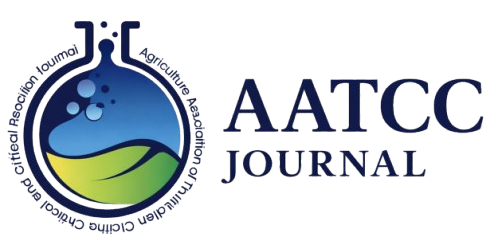Abstract
Growing awareness of soil health and environmental quality has increased the emphasis on
sustainable agricultural practices that reduce ecological harm. Consequently, the farm
resources based natural and organic farming inputs have emerged as popular eco-friendly
options for crop production and nutrient management. This trend may be broader movement
toward harmonizing agricultural productivity with environmental stewardship. However, the
sustainability of nutrients supplying potential of acidic soil under these condition is critical
issue. A field experiment was conducted to evaluate the impact of these inputs, including
natural farming components, on nutrient availability and rice yield in an Alfisol under a rice-
maize cropping system. The study assessed five different treatments: T1 (control), T2
(complete natural farming), T3 (AI-NPOF- all India network programme on the organic
farming package), T4 (integrated crop management-1), and T5 (integrated crop management-
2). The results revealed that organic farming inputs significantly (p≤0.05) increased nutrient
availability, with available nitrogen (N) and potassium (K) levels rising by 27.8% and 33.7%,
respectively, compared to the control. Natural farming did not lead to any significant
(p≤0.05) increase in nutrient availability (N and P) compared to the other treatments, aside
from the control plots. However, available potassium in natural farming plots was 1.81% and
5.15% higher compared to ICM-2 and ICM-1, respectively. Organic farming exhibited the
highest DTPA-extractable zinc, while natural farming had the highest copper content. In
terms of yield, grain and straw yields, as well as harvest index, were significantly (p≤0.05)
higher under ICM-1, which recorded the highest grain yield (3.12 Mg ha⁻¹) and straw yield
(4.50 Mg ha⁻¹). Although natural farming improved grain yield over the control, it was
outperformed by both ICM-1 and ICM-2 treatments. Overall, ICM-1 showed the most
favorable results in terms of both yield and harvest index, while organic farming contributed
to higher soil organic carbon and micronutrient content. These findings underscore the
importance of crop management practices in enhancing soil health and improving rice
productivity, offering valuable insights into sustainable agricultural practices. In nutshell,
intregrated crop management with biopesticide based insect pest mangment may be most
suitable in acidic soil of humid subtropical climate for enhancing cabon content of soil, yield
of rice crop with proper soil helath status of the area.
